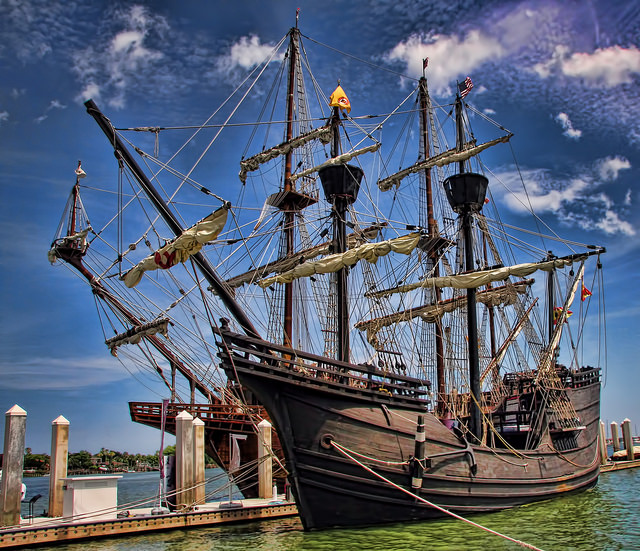
With the charter of the Export-Import Bank (Ex-Im) set to expire at the end of the month, its supporters are desperately trying to keep it alive, with one supporter warning of “economic catastrophe” if the bank is not renewed. The truth is, Ex-Im is no longer needed. It was established in a different era, and American exporters will be just fine without it. At the end of the month, Congress must take a stand against crony capitalism and put an end to this out-of-date bank.
The Ex-Im Bank was established in 1934 following an executive order by President Roosevelt, in order to assist American exporters operate overseas at a time of significant trade barriers. In 1934, the average tariff on dutiable imports sat at 46.7 percent around the world. But today, the average tariff rate has dropped to below five percent as more and more countries embrace free trade. At present there are over 400 free trade agreements in effect across the world, with more going into effect each year. As these trade barriers have dissolved, Ex-Im has become less and less a tool for American exporters and more a method for backdoor corporate welfare.
While Ex-Im may have once been a vital tool for American exporters, it has become harder and harder to justify its existence amid countless controversies. In the past six years, the Ex-Im Bank has been involved in numerous scandals culminating in 85 criminal indictments, 48 criminal judgments, and over $250 million in fines, restitution, and forfeiture.
In addition to these scandals, the claim that the bank is needed to help exporters is dubious at best. Currently, the bank assists less than two percent of exports, and those “reliant” on the bank can easily access alternative (and more efficient) sources of financing.
The primary beneficiaries of Ex-Im, corporate giants like Caterpillar and Boeing will have no trouble securing private sector loans. Countless private financiers consider Ex-Im a competitor, and they have said they could easily step in to pick up the slack if need be.
This is not even the only option available for companies seeking financing. In many cases, well-resourced corporations can offer their own financing in order to continue competing. But in many of these cases there probably was never a need for financing in the first place. Emirates Airlines, a major foreign company that benefited from Ex-Im loans has said they utilize the financing even though they do not need it, and they would still buy from Boeing without them.
Clearly, the Ex-Im bank is no longer needed to support US exports. Not only is the bank a response to a problem that no longer exists, but the companies that overwhelmingly benefit from loans have countless other financing options. Congress must do the right thing by ending the Ex-Im bank and putting a stop to this institution that unjustly picks winners and losers.

